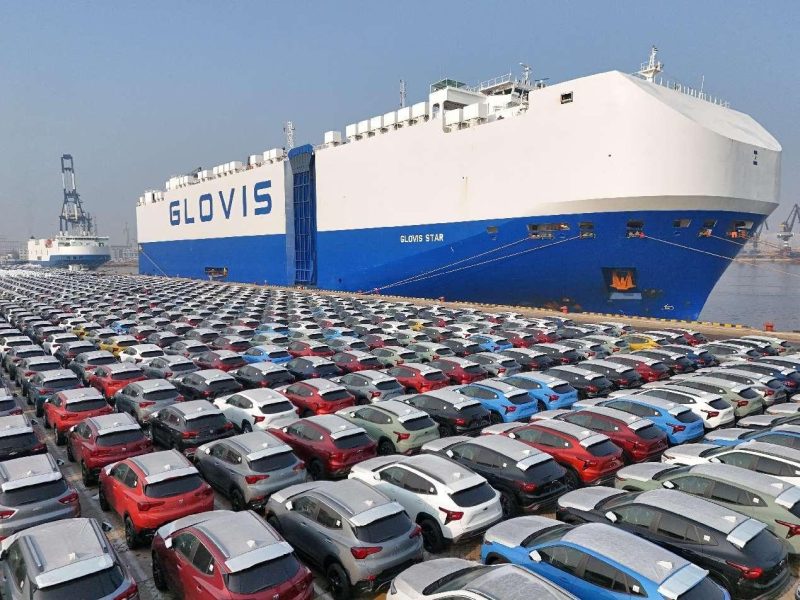In 2023, China made and sold over 9.58 million new energy vehicles (NEVs), marking a significant increase from the previous year. The export of NEVs also rose by 77.6%, reaching more than 1.2 million units. This success highlighted China’s prowess in manufacturing.
For instance, a reliability test for a Changan vehicle was recently completed in Chongqing. The upcoming Changan CD701 model, set to launch in the first half of the year, boasts an 800V high-voltage platform with advanced technology, allowing it to cover 200 km on just a 10-minute charge.
Chinese NEVs have made strides in innovations like ultra-fast charging systems, electric drive systems, hybrid technologies, smart ecosystems, and urban assisted driving. This has put China’s NEV industry on a fast track of development.
Chinese NEV giant BYD, on December 22, 2023, announced plans to establish an NEV production base in Hungary, adding to its earlier investment in Brazil. Other Chinese car companies, such as SAIC Motor, BYD, and NETA, are also investing heavily in manufacturing facilities in Thailand.
SAIC Motor, for example, has established production bases overseas and reported a year-on-year growth of 18.8% in overseas vehicle sales in 2023, making it the leader among Chinese peers. They are even considering the location for their first complete vehicle production plant in Europe.
International recognition of Chinese NEV startups is also evident, with Volkswagen and Stellantis making significant investments in Xpeng and Leapmotor, respectively. The Chinese NEV industry’s accelerated expansion overseas and global recognition showcase China’s leading position in intelligent electric vehicle technology.
The Ministry of Industry and Information Technology highlighted that as China’s NEV sector rapidly grows, it integrates various technologies, leading to the establishment of an efficient and collaborative industrial system, transforming the automotive industry ecosystem comprehensively.












